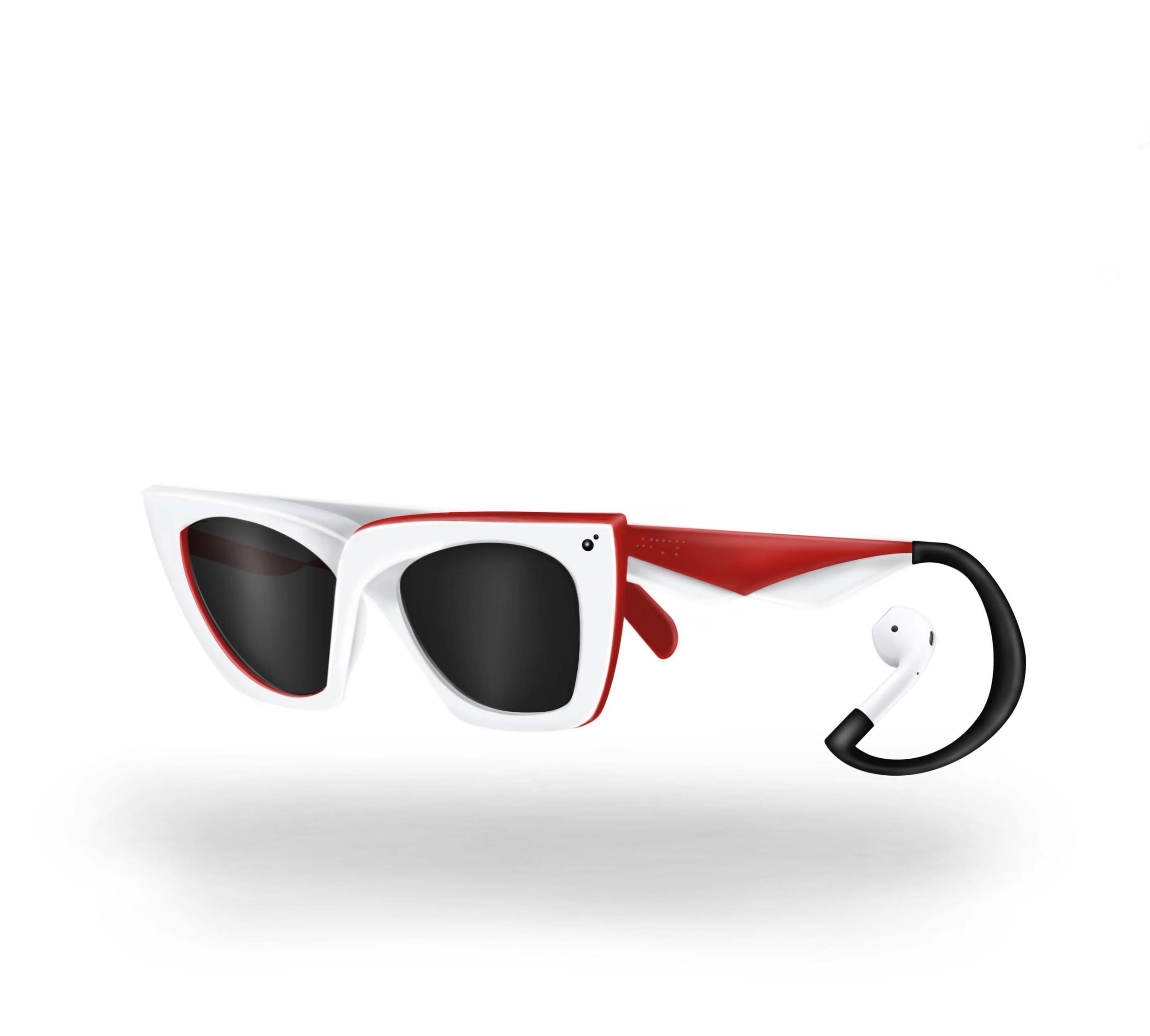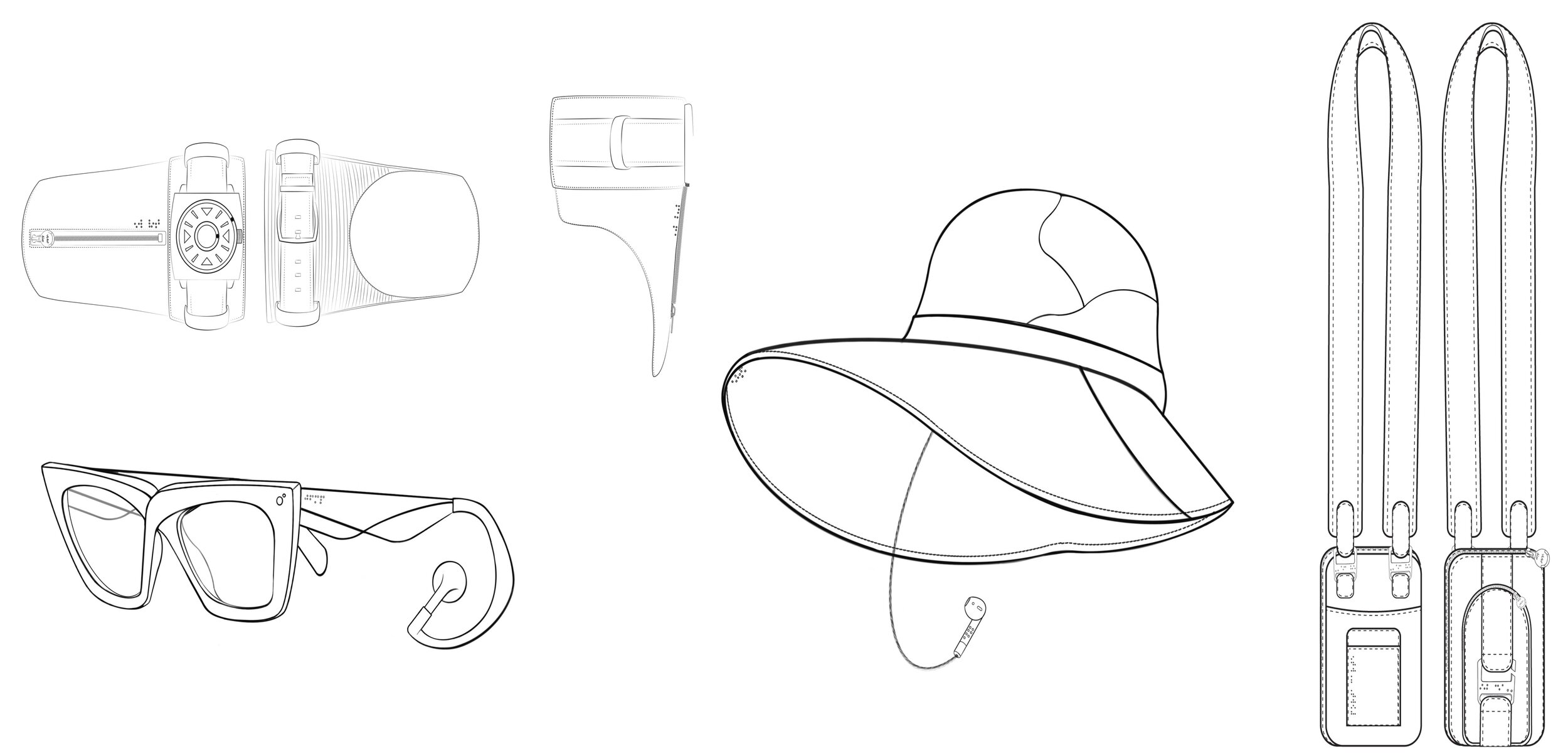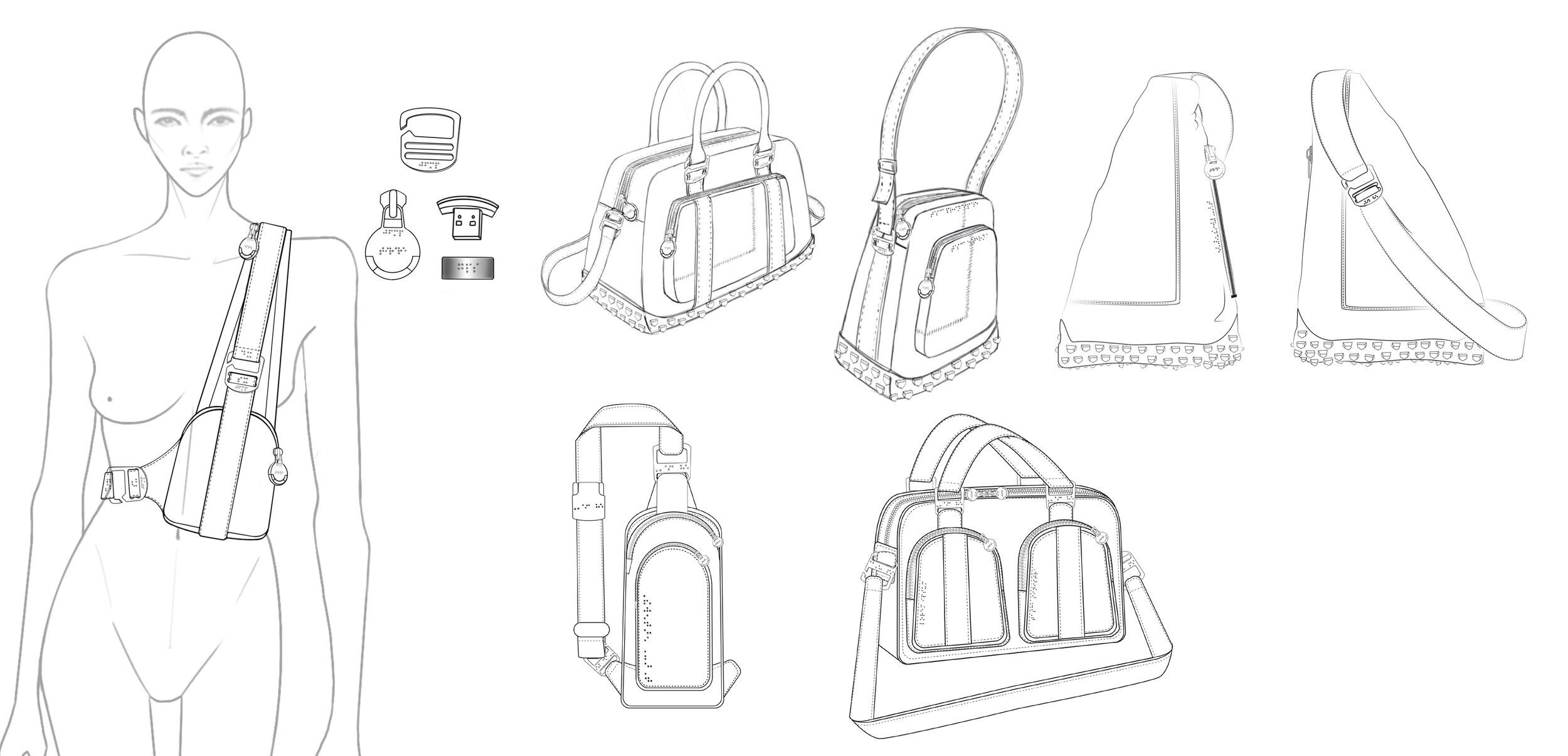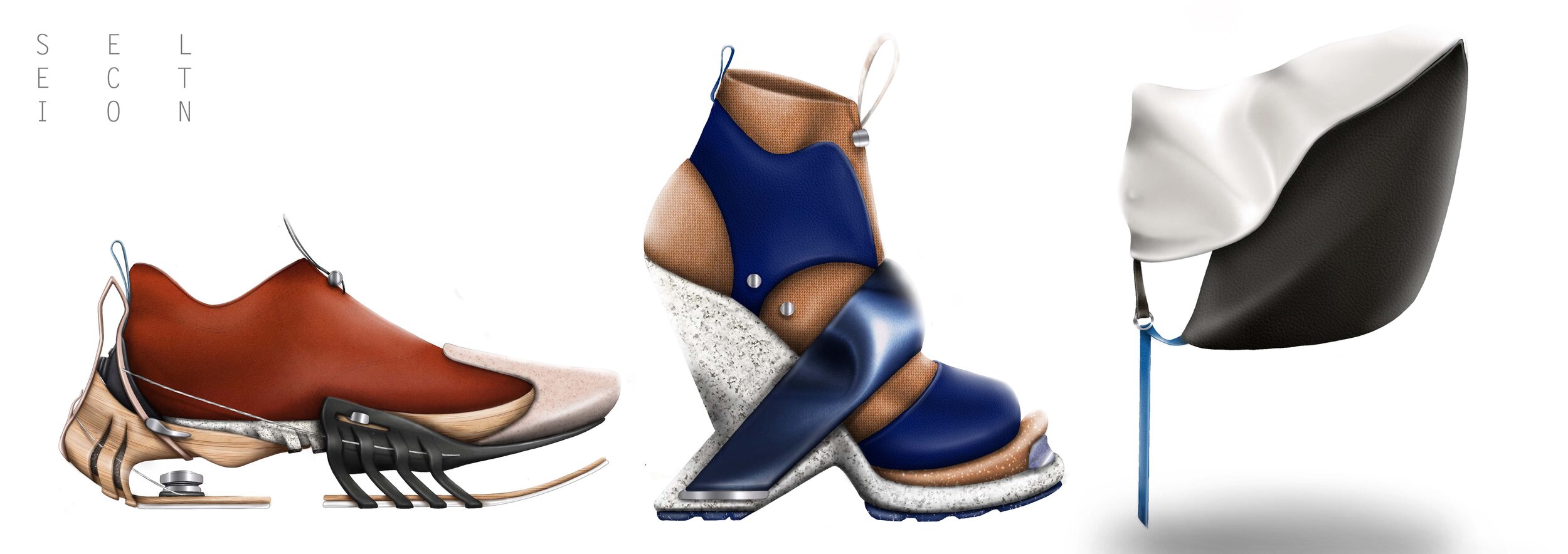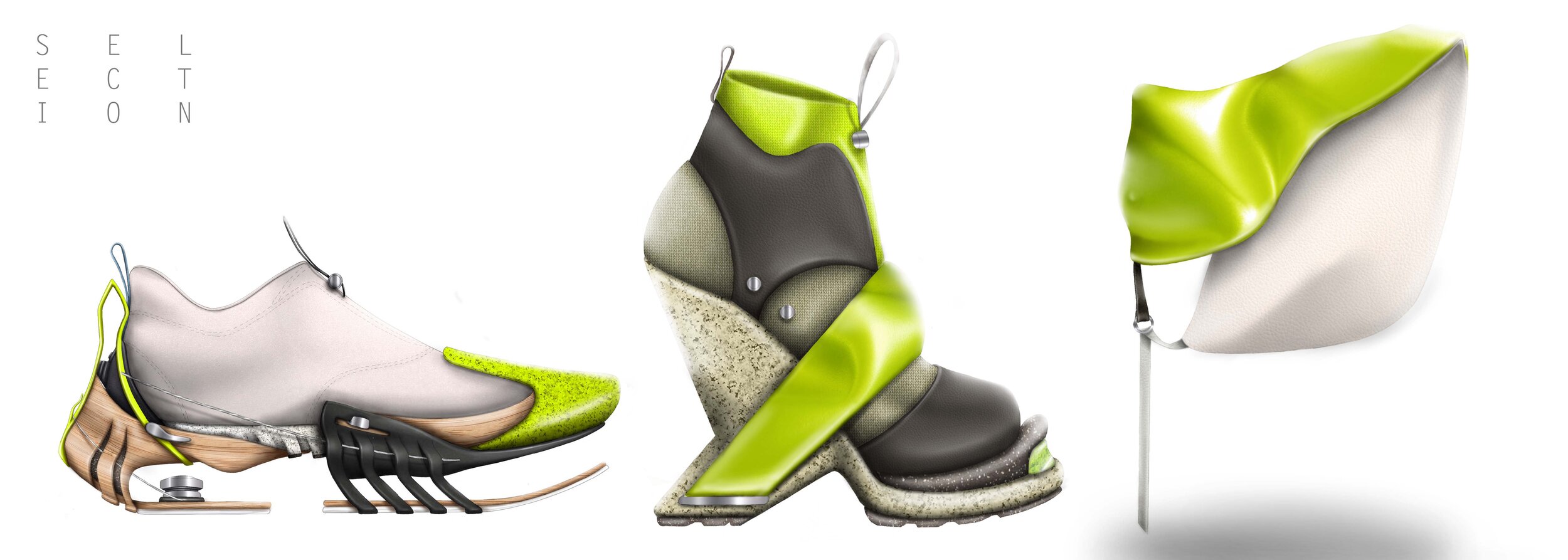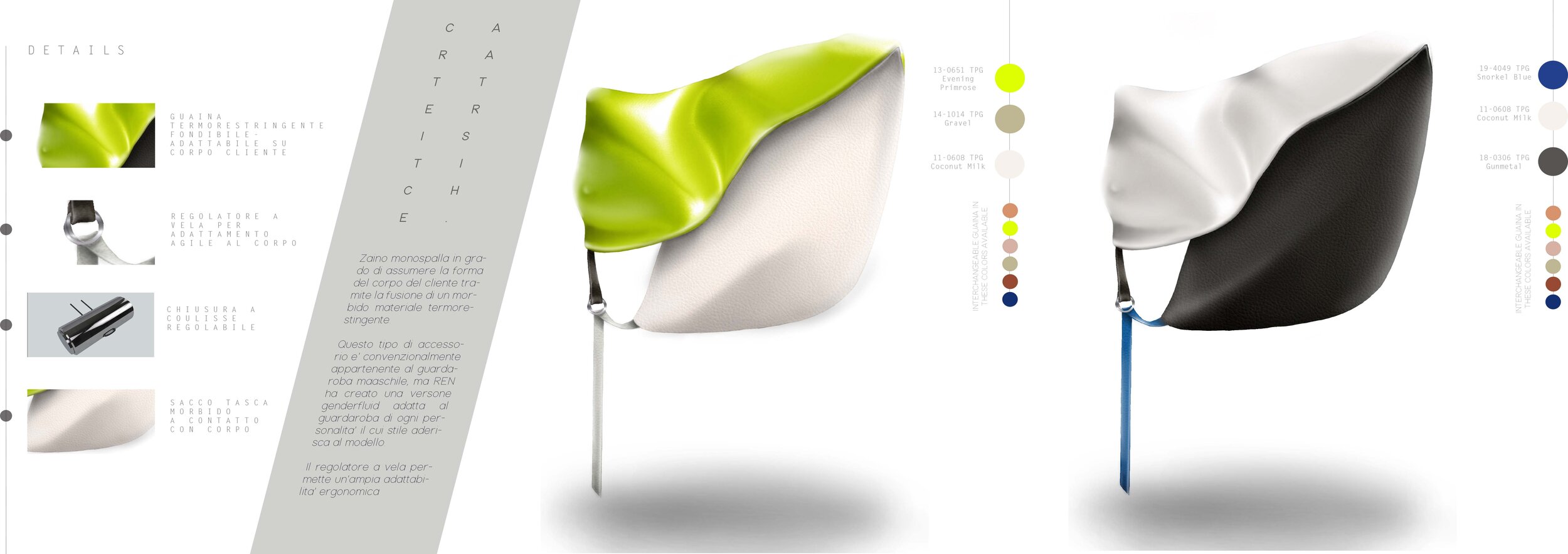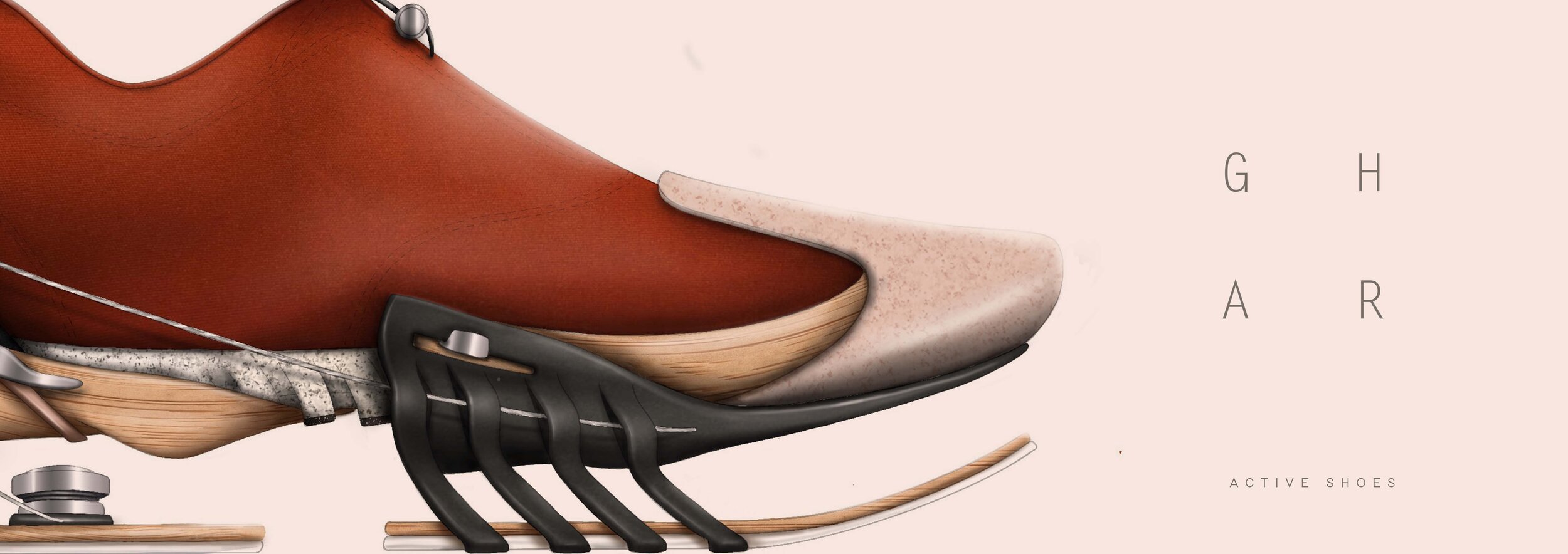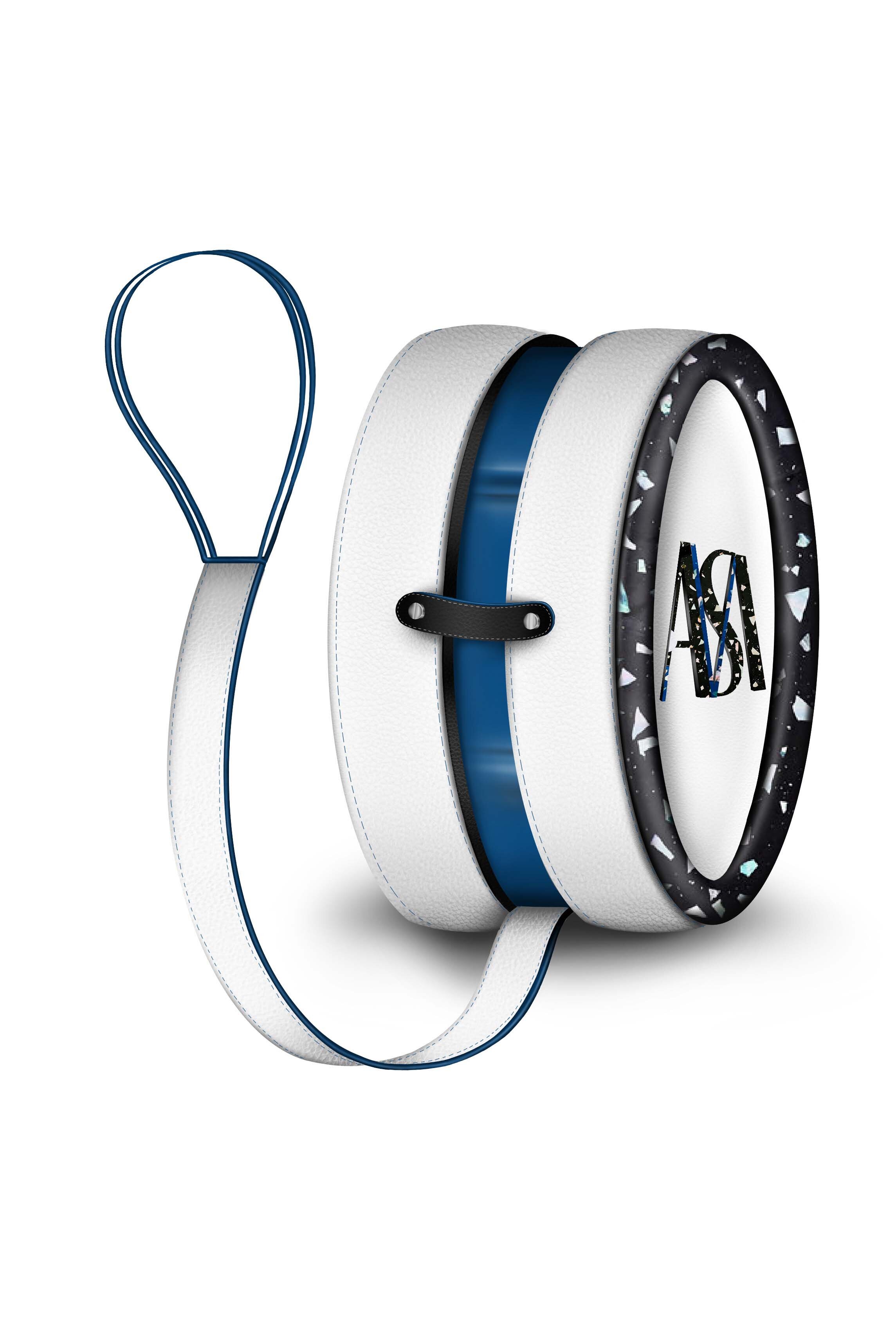In their first semester of the 20/21 academic year, students of the European Institute of Design in Milan were asked to design in an inclusive way with gender, disability, ethnicity, and age in mind. Conducted by professors Mia Vilardo and Riccardo Polidoro, partners of Studio Elitre, the inclusive design course asked students to create original products capable of satisfying everyone's needs.
In terms of gender inclusiveness, the REN proposal goes to intercept the needs of those who do not identify with one of the two sexes and of those who feel unique through what they choose to wear: a mix of garments and accessories that reflects the person without distinction between man and woman. On the disability front, there are those who have imagined a fashion brand " for anyone who feels wrong or not fully represented ". JFMP - Joy for mistaken people (proposed by Penelope Bazzani, Michela Polo, Jennifer Rossi, Federica Santangelo) subverts the rules and looks at things in a different light, working specifically on blindness and low vision.
On the path of ethnic inclusion, the To.get.there - Rebirth project instead works conceptually to "unite" what is at the deepest roots of human experience, what unites all cultures (both physically and spiritually). This translates not only into the choice of fabrics made from elements present in nature, but also into the reuse, grinding and processing of industrial and production waste to obtain, with the appropriate binders, new design materials.
Good taste and being able to be inspirational have no age: thus, the working group on the ageless theme (Simone Ricetti, Alice Marchetti, Alessandra Natalino, Martina Sagliaschi) imagined AMAS, a range of accessories perfect for all seasons of the life.

